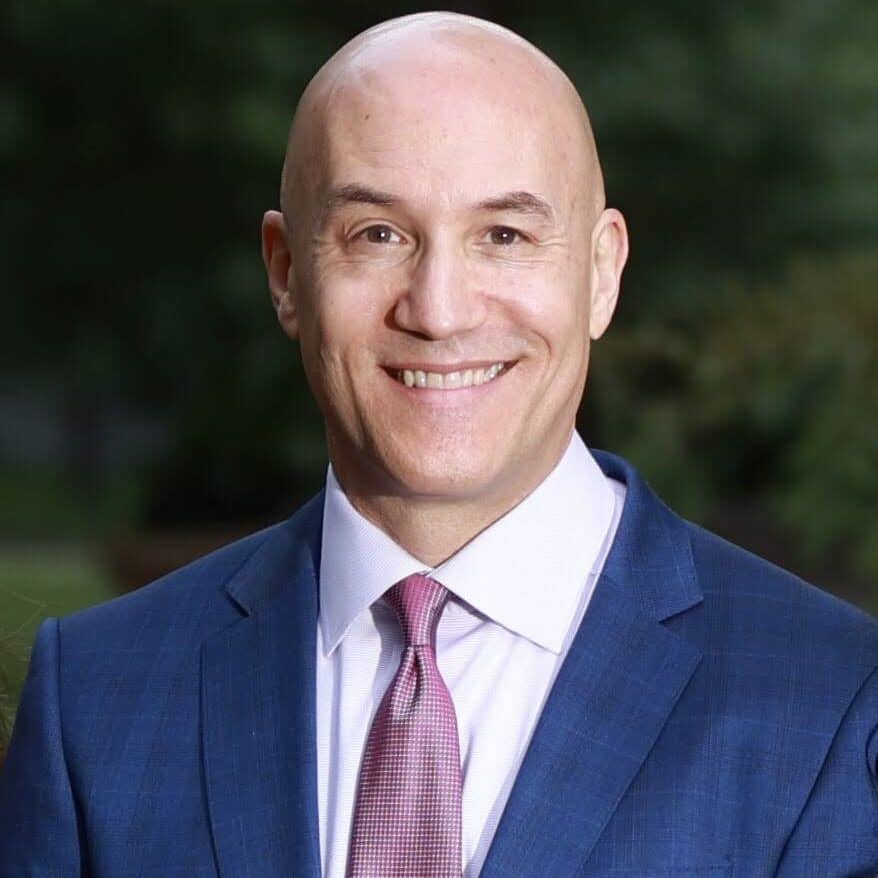To make Wealthtender free for readers, we earn money from advertisers, including financial professionals and firms that pay to be featured. This creates a conflict of interest when we favor their promotion over others. Read our editorial policy and terms of service to learn more. Wealthtender is not a client of these financial services providers.
➡️ Find a Local Advisor | 🎯 Find a Specialist Advisor

If you’ve found yourself holding more cash than usual – whether from an inheritance, a business sale, sale of stock options – you’re not alone. Many people are unsure how to best manage surplus funds. Holding on to cash can feel like a secure option, but over time, excessive cash reserves can become a silent drag on your long-term financial health.
Unlike stocks, bonds, or real estate, cash doesn’t generate income or appreciate in value, and inflation slowly erodes its purchasing power. That means the dollar you set aside today will likely buy less in the future. So, while it’s important to keep some cash on hand for emergencies or short-term needs, leaving too much of your cash idle can cost you.
Why Excess Cash Is a Problem
The most common reason people sit on cash is to feel financially safe. And there is value in that. Liquidity offers flexibility, peace of mind, and quick access in emergencies. But beyond an appropriate cushion, cash becomes inefficient.
Banks benefit from idle customer deposits by lending or investing that money at a higher rate than they pay in interest. That’s how they generate profits. Meanwhile, you’re left earning next to nothing while inflation continues to chip away at your savings.
A more effective approach is to allow your money to work for you – by generating income, growing in value, or both.
How Much Cash Should You Keep?
The answer to that question varies depending on your life stage, financial goals, and risk tolerance. A general guideline is to maintain three to six months of essential expenses, known as an emergency cash reserve. This should be liquid, accessible, and safe – usually in a high-yield savings account or money market fund.
Anything above that threshold should be evaluated carefully. A key distinction is the difference between needing cash and having access to cash. Many people forget that liquidity isn’t limited to bank accounts. You may also have access through:
- Home equity line of credit (HELOC)
- Brokerage accounts
- Short-term bond or money market mutual funds
Understanding these sources can help reduce the tendency to over-allocate to cash.
Where to Put Excess Cash
Once your emergency reserve is in place, consider reallocating your excess funds to more productive uses. Some common options include:
- Short-Term CDs or Bond Funds – These offer higher returns than traditional savings and maintain relatively low risk.
- Dividend-Paying Stocks – They provide income along with potential appreciation.
- Tax-Advantaged Accounts – If you haven’t maxed out your IRA, HSA, or 529 contributions, these vehicles offer tax benefits and growth potential.
- Brokerage Accounts – For long-term goals, investing in a diversified portfolio of stocks and ETFs can help beat inflation over time.
Be mindful of your time horizon, liquidity needs, and propensity for risk. A financial advisor can help ensure your investments are properly aligned with your goals.
Special Considerations for Retirees
Retirees often consider holding more cash to protect themselves from market volatility. While it’s important to avoid being forced to sell investments in a downturn, holding multiple years’ worth of expenses in cash may be overly conservative.
A well-structured retirement portfolio can provide income from various sources – bond interest, stock dividends, real estate income, and even Social Security or pension benefits. Rather than letting too much cash sit idle, retirees can rely on fixed income strategies and short-term bond ladders to cover near-term needs while keeping the rest of their portfolio working for the long haul.
Final Thoughts
Holding some cash is smart. Holding too much is a missed opportunity.
If you’ve accumulated excess cash, take the time to reassess your financial plan. Are you preserving flexibility without sacrificing long-term growth? Are your dollars doing as much for you as they could?
This article reflects the insights and opinions of its author and is not a recommendation or endorsement of their views or services.
About the Author

John Foligno, CMC® | Grand Life Financial
To make Wealthtender free for readers, we earn money from advertisers, including financial professionals and firms that pay to be featured. This creates a conflict of interest when we favor their promotion over others. Read our editorial policy and terms of service to learn more. Wealthtender is not a client of these financial services providers.
➡️ Find a Local Advisor | 🎯 Find a Specialist Advisor

